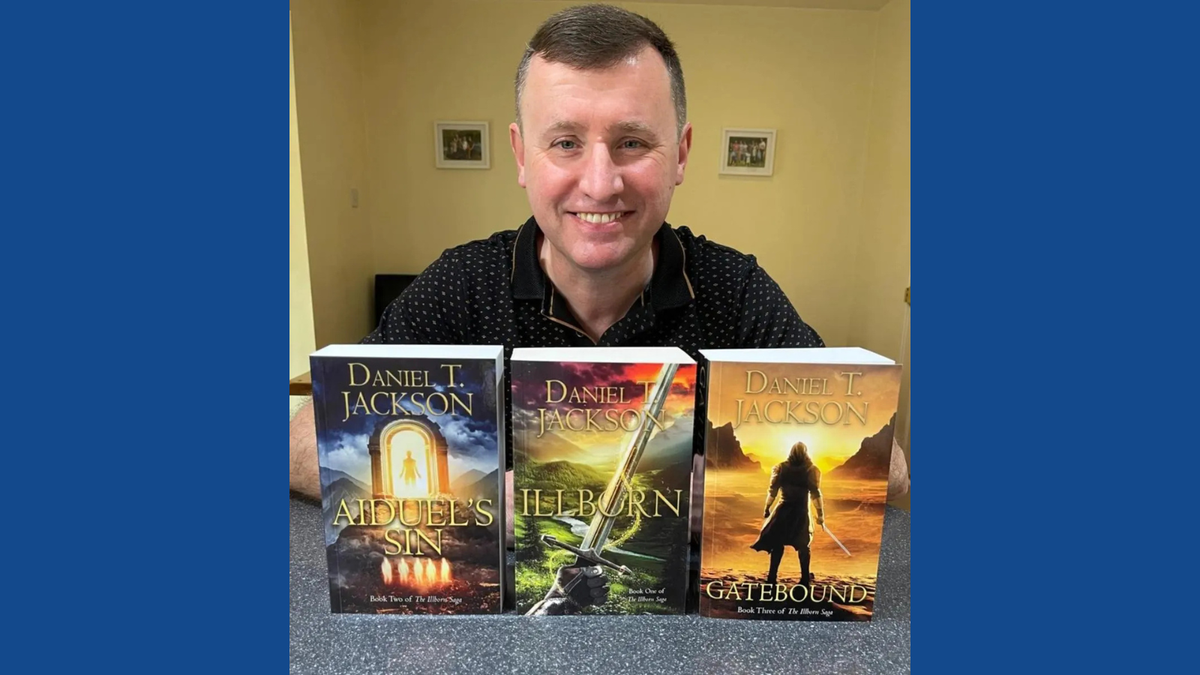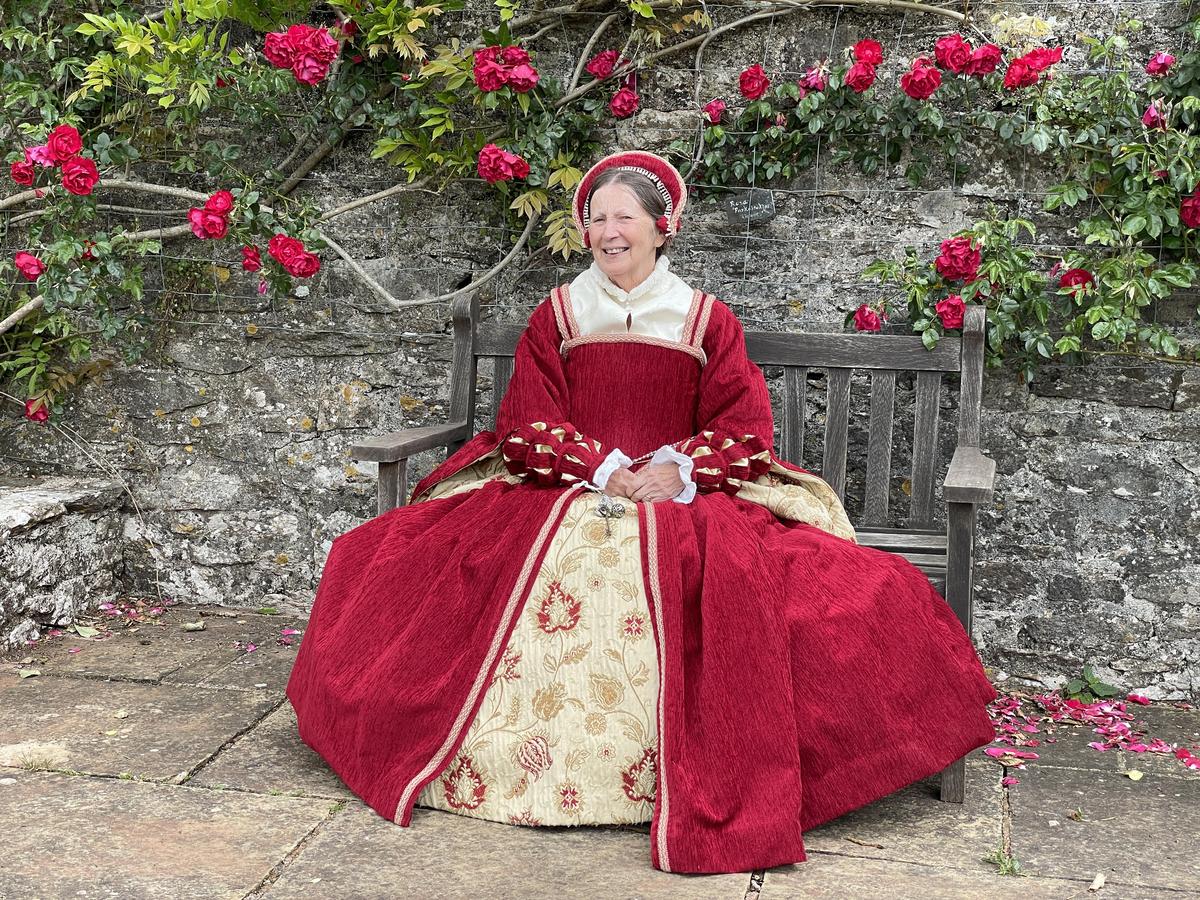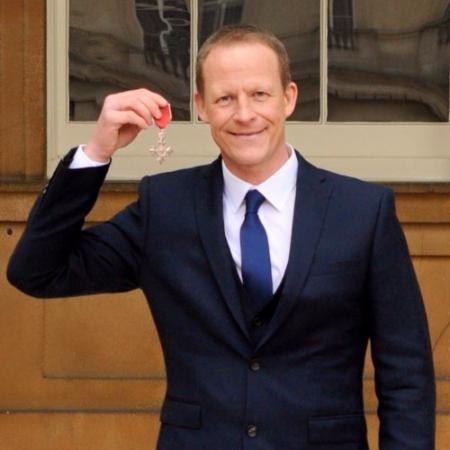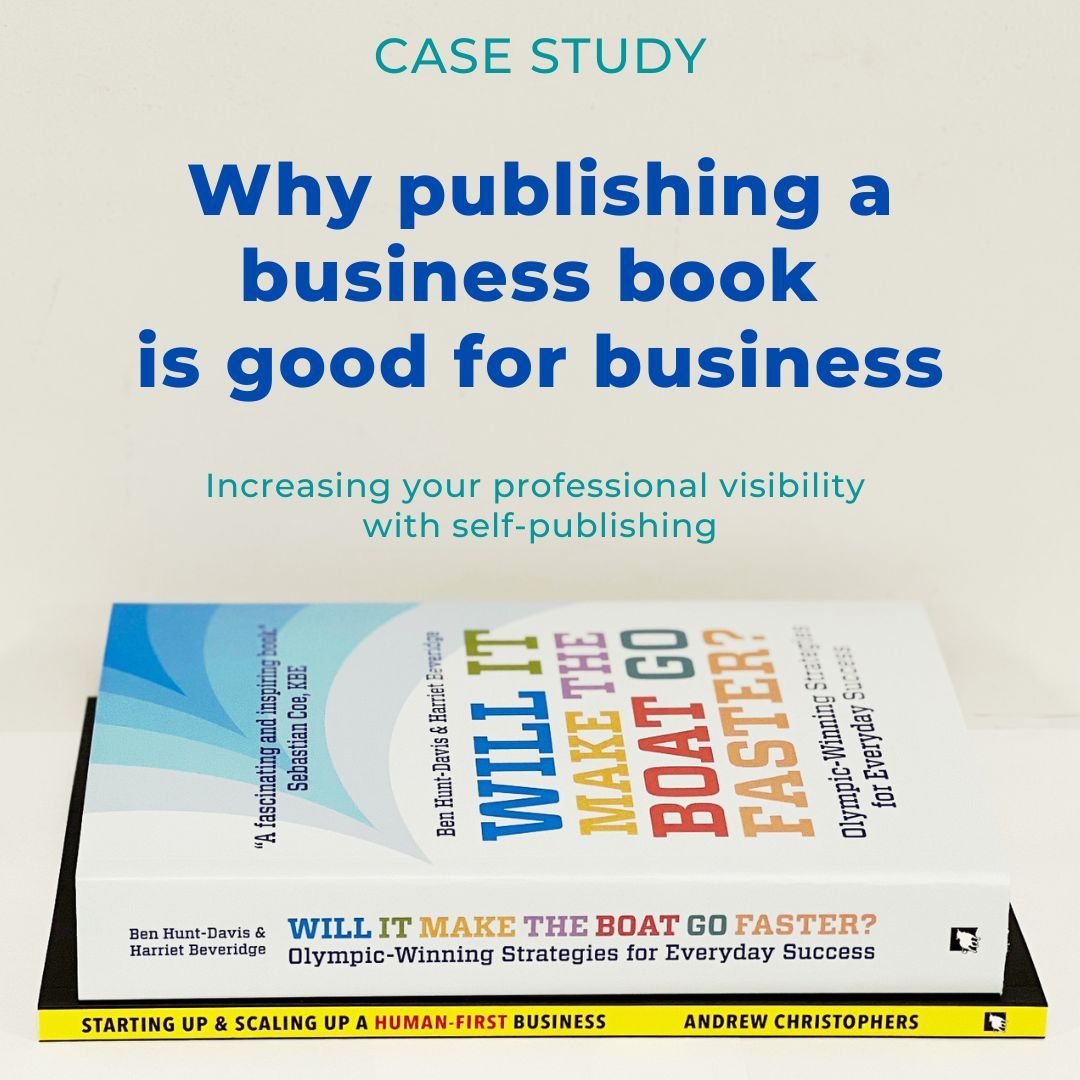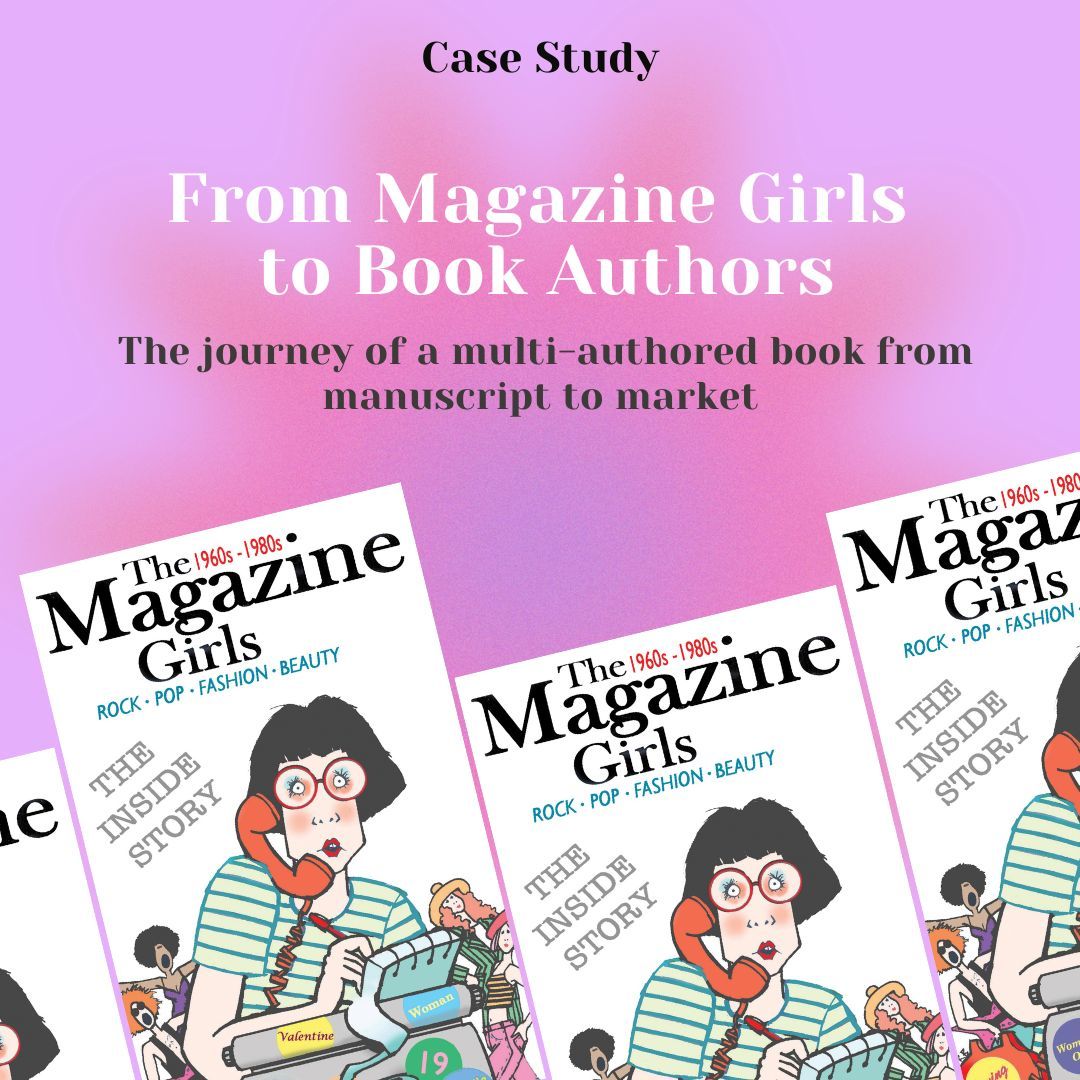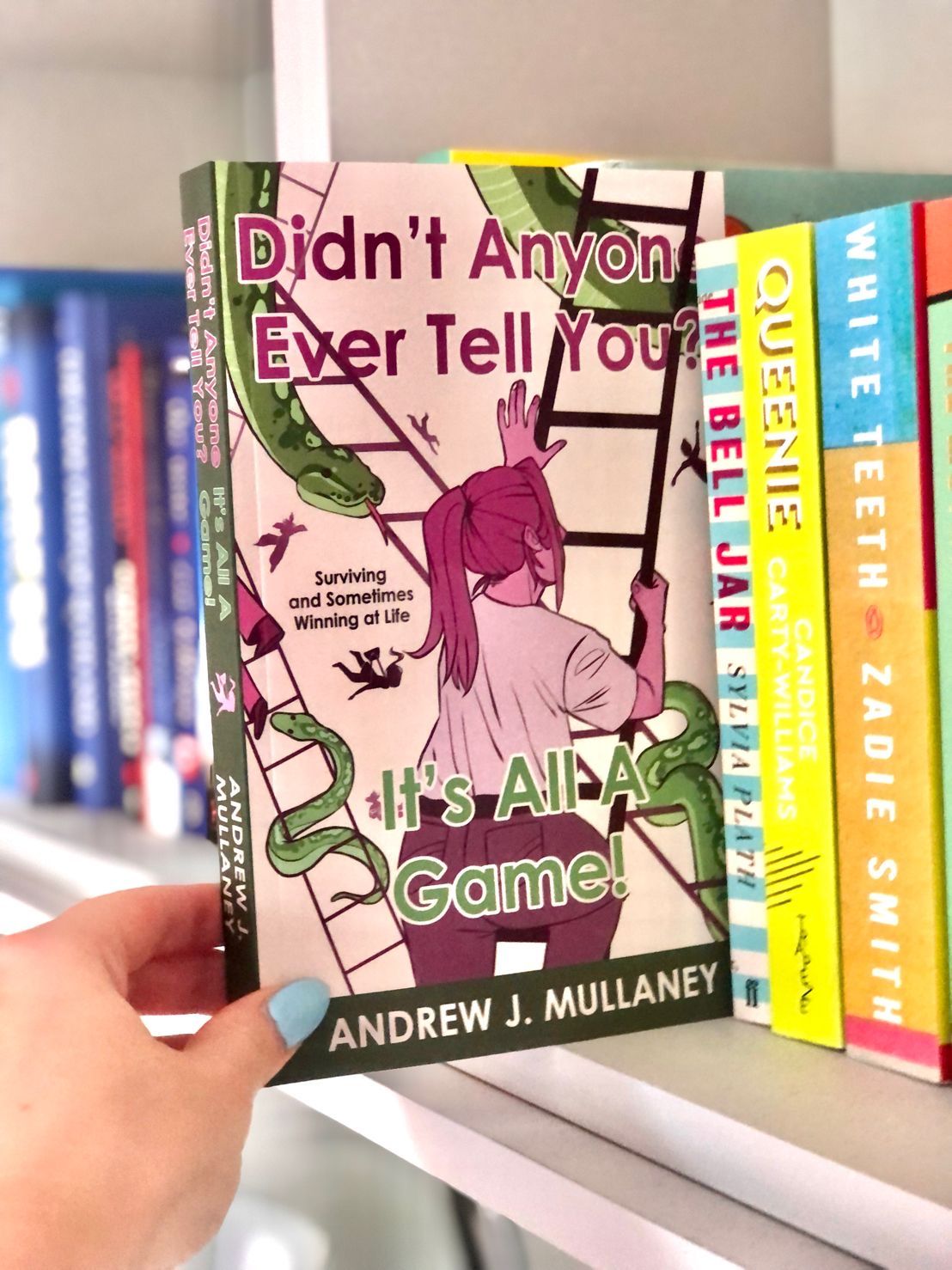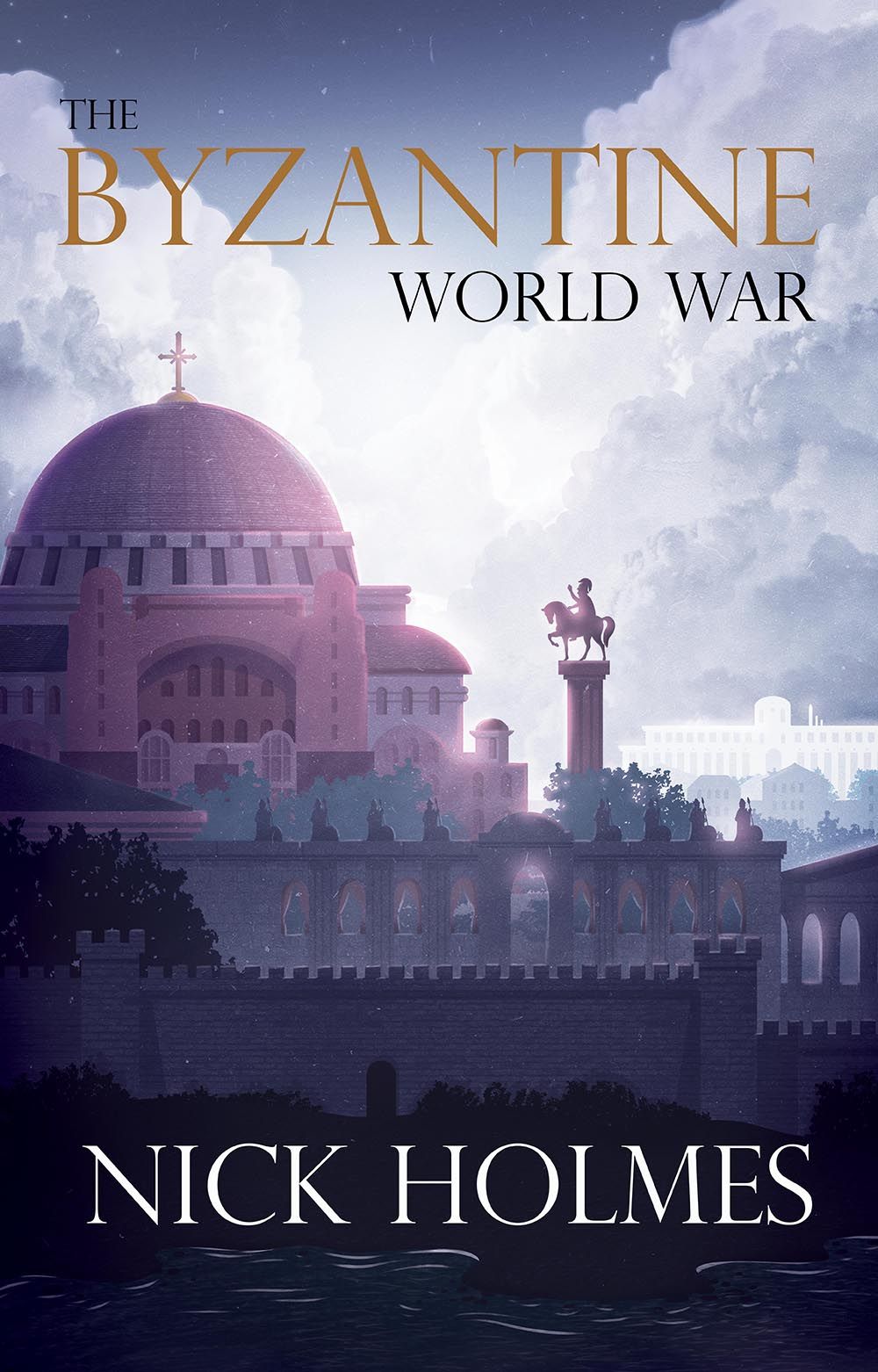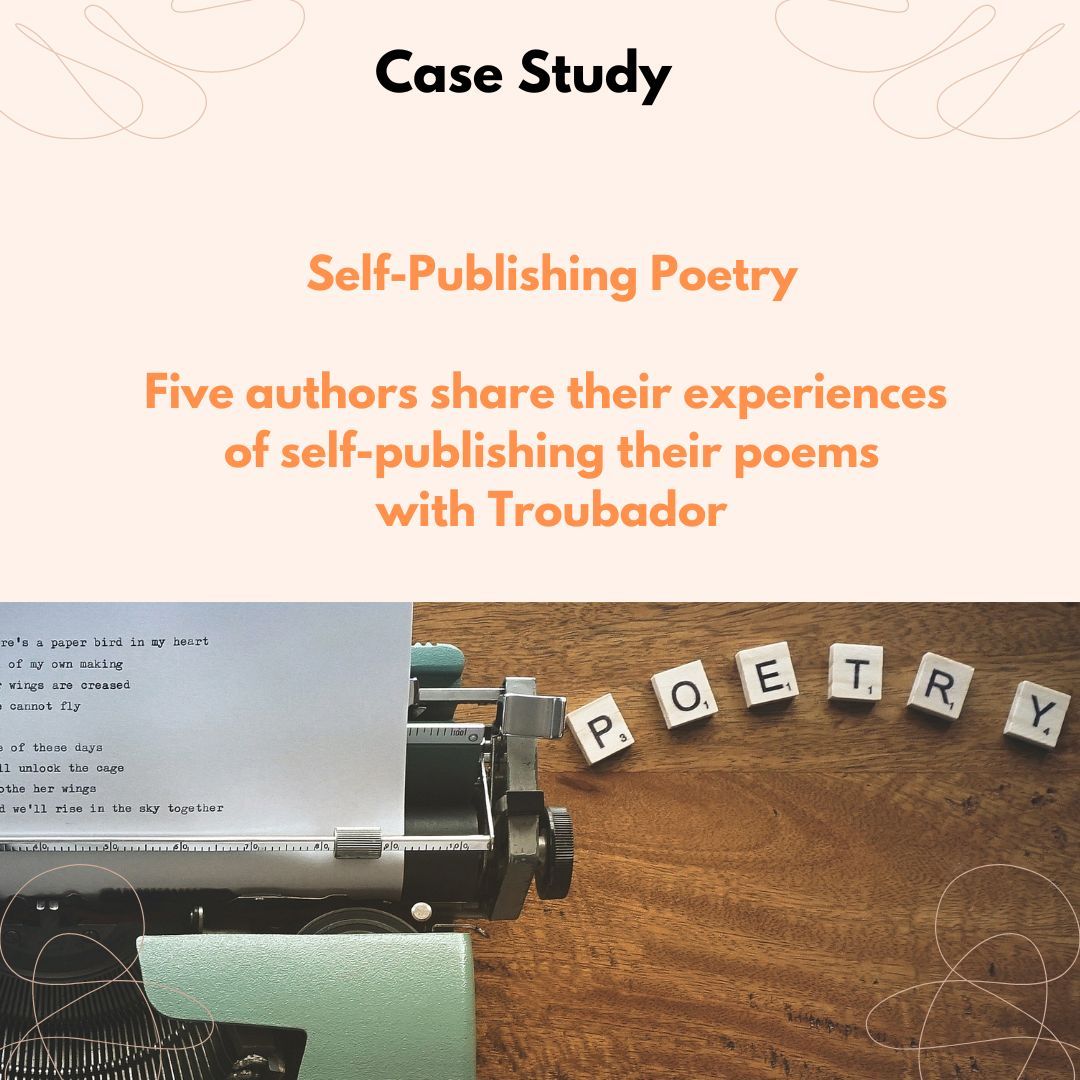
7 min read
Poetry Publishing Case Study
Written by:
Troubador Publishing
Introduction
Through a few carefully chosen words, poetry can capture emotions, convey complex thoughts and paint pictures. It's a very personal form of expression, which is why we turn to poems in times of happiness and grief (borne out by the popular reading choices at weddings and funerals). Many people can recite some or all of their favourite poems. Poetry remains a popular genre of writing, with many styles and formats – from free verse to haiku and narrative poems to limericks. However, for writers, getting their poetry published and read can be difficult. Poetry presses are often small and underfunded or are the small imprints of a larger publishing house whose income is derived from other, more profit-led, publishing. The result is enormous difficulty for new poetry writers to get their work into print with a mainstream press. Self-publishing has therefore become an increasingly viable outlet for poets looking to publish their work. In this case study, we speak to five poetry authors who share their experience of writing and publishing poetry. Through their words, we explore the benefits and rewards of self-publishing poetry.
First, let's meet the poets who have contributed to this case study: Melody Starkey, author of Write Me A Poem, has always enjoyed poetry. During her teaching career, she loved helping children to write their own poems. Claire-Louise Price is the author of Living with Joy, Walking with Angels and Dancing with Love. Her three poetry collections, all of which can be read independently, describe her journey through widowhood to grief and acceptance. Paul Berry's poems in Towards Babingley explore his Norfolk heritage, evoking settings across East Anglia. Against these backgrounds, Paul explores themes of love, loss and longing. Lesley Beck's anthology He And I is a collection of sixteen poems catching pivotal moments in a life shared with her learning-disabled child. Colin West is a poet whose writing career has spanned 50 years. Batty Ballards is his latest collection. Colin writes and illustrates his own work and has had his work published in a range of anthologies.
Why do authors self-publish their poetry?
Each of the poets we spoke to has a different style and influence. 'My poetry has been described as simple, light-hearted, yet profound. Above all it is accessible, and even people who don't usually like poetry seem to enjoy it,' explains Claire-Louise, whereas Paul describes his work as, 'Free verse – using everyday language to evoke everyday settings and situations, but hopefully in new and exciting ways. I love words, and their inherent potential for musicality when used together.'
Colin West focuses on writing humorous narrative poems, citing Roald Dahl as an inspiration. 'I originally trained as an illustrator, so the drawings that accompany my poems are also done by me. Some of the poems are short, but mostly they run to several pages.'
Lesley has a more personal reason for expressing herself in poetry. 'I have always found poetry a way of communicating intense experiences. During the pandemic, my story was about life with my learning-disabled son and this lent itself to the rhythm, repetition and visual quality of poetry.' As we can see, the inspiration for writing poetry is varied, and so are the reasons for deciding to self-publish.
Melody wished to self-publish so that she could share her work with a wider audience, while Paul knew the challenges behind getting a mainstream deal. 'It's hard for any writer to get the attention of agents and major publishers and poetry is very much a niche market,' he observes. 'Self-publishing is a relatively quick and effective way to reach potential readers. Plus self-publishing also provided me with an opportunity to work directly with the creative team at Troubador to produce a premium product,' he adds.
Claire-Louise and Lesley both had more personal reasons for wanting to self-publish. For them, maintaining more control of the process was important. Claire-Louise's poems are about loss and she was keen to get the poems out there quickly, to inspire and encourage other people going through a cancer diagnosis and bereavement. 'Self-publishing was the fastest route and I already knew that Troubador would do a professional job.'
For Lesley, it was crucial that she had 'A strong say in what happened to my work and ensure that my learning-disabled son should not be exploited in any way. I wanted to leave something behind about our relationship in all its complexity; the love, the laughs, the fear, the hurt – and as a reminder of just how much my son is loved.'
Colin's humorous and beautifully illustrated anthology is the third book he has self-published with Troubador. 'For me, the main advantage of self-publishing is that the choice of material is purely my own, and not governed by fashion. It doesn't have to be passed by a committee, which is increasingly the case with many publishers.'
How does self-publishing poetry work with Troubador?
When self-publishing with Troubador, authors work with a named production controller, an expert in book production, who project manages the process (which involves designing how the text will look on the page, typesetting the book, and coordinating the design of the front and back covers). At all stages, the authors remain in control – approving and signing off the work.
Paul found the process of publication with Troubador very rewarding. 'It was a collaborative process at every stage, with people who know their jobs well and are aware of current publishing trends and what sells well in bookshops. I'm stuck at the stage of getting a buzz simply holding and 'feeling' the finished production without even opening the covers!'
Melody was trying to do everything on a new and unfamiliar iPad, which was more of struggle, 'The writing is the easy part! The IT stuff is horrid!' she jokes. Laying up poetry for publication can be very different from typesetting a novel, as the way the text looks and reads on a page is so very important.
For Lesley, it was really important that the structure and meaning of her poems were retained during the layup process: 'I wanted to ensure that the punctuation and rhythm of the work remained intact.'
Colin, an old hand at self-publishing with Troubador as this is his third book, found the process straightforward. 'There was ample opportunity, for instance, in getting the positioning of the numerous illustrations exactly to my liking.'
Claire-Louise touches upon the importance of how the book looks: 'The cover of Walking with Angels is based on a photo I took myself, but I took advice and worked closely with Troubador to make sure all aspects of the design worked well, it's so important to get that right. I found the whole process exciting, interesting and very very rewarding.'
Now the books are published and available to buy, what has been the response from readers?
For Claire-Louise, 'The reward for plucking up courage and publishing is that people got in touch and told me what an effect a particular poem has had on them. It is very humbling when that happens.' Lesley concurs. The initial response to her book has been 'Very positive with some brilliant reviews, especially on Amazon. I hope that the parents and siblings of someone with a learning disability or a neuro divergence feel they have been given a voice.'
Colin adds, 'My career as an author is approaching fifty years now, and I'm lucky in that my poems have been widely anthologized. It's a thrill to see how other illustrators such as Quentin Blake or Tony Ross tackle my verse. So my advice is to go for it! Everyone loves to see work in print – just don't expect to become a millionaire!'
Top tips for authors looking to self-publish their poetry
Self-publishing poetry has changed how authors can share their words with the world, and it offers numerous benefits and rewards. If you too have a collection of poems waiting to be discovered, self-publishing with Troubador might be an avenue worth exploring. Before you do, however, here are our top tips to help you get started with self-publishing your poetry:
- Polish your work before submission. Ensure it is error-free before proceeding with any form of publication.
- Arrange your poems in a thoughtful and coherent manner. There are many different ways to organise collections; by theme, style, alphabetically, or even at random. Sections can help tell the story of the poems.
- Pay attention to the design of your book – inside and out. You want attractive and easy-to-read fonts inside and a compelling cover. Check that the punctuation is correct and helps with the readability of your poems (rather than hinders!).
- Have you published your poems elsewhere, in other anthologies or magazines? If so, do you have the right to republish them in a new collection? Check before proceeding.
- Make sure that you have enough poems to publish. There is a minimum number of pages for certain types of bookbinding (and the traditional 'perfect' binding used on books you see in bookshops is not economical or even possible if there are fewer than around 40 pages – anything less and it will effectively be a pamphlet and not a book). There are other types of binding available, but these are not as robust and don't have the same 'book' feel, so it's best to wait until you have enough content rather than rush into print.

